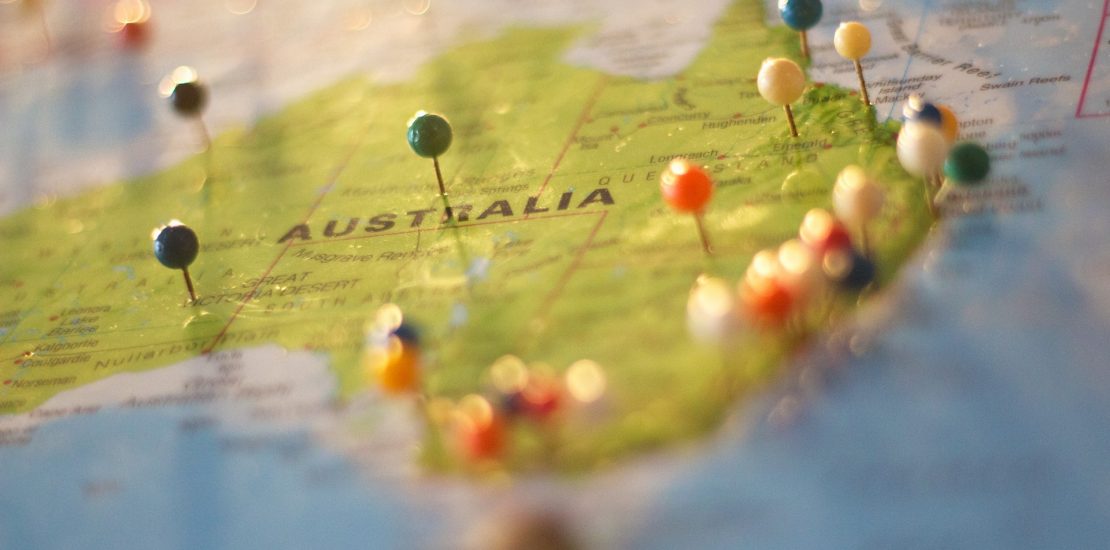- January 20, 2020
- Posted by: guyadmin
- Category: Energy & Water Management

The bushfires raging in Australia at the moment are an international disaster, and they will defiantly have a huge impact on the ecosystem. One of the more problematic aspects of these effects is the future of water quality in Australia. Those effects introduce risks in both the short and long terms.
From the short term perspective, bushfires could cause damages to water supply infrastructure. Cases of lost power could disable important water treatment plants and processes. An additional short term risk is untreated water going straight from a river supply into drinking water systems. Water treatment plants are bypassed completely, due to damage, power loss or an inability to keep pace with high volumes of water required for firefighting.
More than 105 thousand square kilometers, an area bigger than Portugal, has now burned, mostly in the continent’s southeast. That includes areas of land known as catchments, where rainfall begins its earthly journey into specific rivers, lakes, and dams. Forests have burned across “80 to 90 percent of the significant parts of the catchment,” says Stuart Khan, an engineer at the University of New South Wales in Sydney. The damage in these areas is the main reason for long term risks. Heavy rain can wash ash and eroded soil from the fires into catchments, affecting drinking water supplies downstream.
The good news is that many water treatment plants include filtration processes to filter small suspended particles. The bad news is that an increase in suspended particles would challenge most filtration plants. The suspended particles would be removed, but they would clog the filters. While it is possible to clean the filters, the more time spent on cleaning them is less time the filters are working to produce clean drinking water.
You might think that water boiling could solve all your problems, if needed. But, in cases where water is contaminated with chemical agents rather than biological ones, boiling is usually not very effective. This means bottled water may become the only reliable source of water in the near and distant future.
